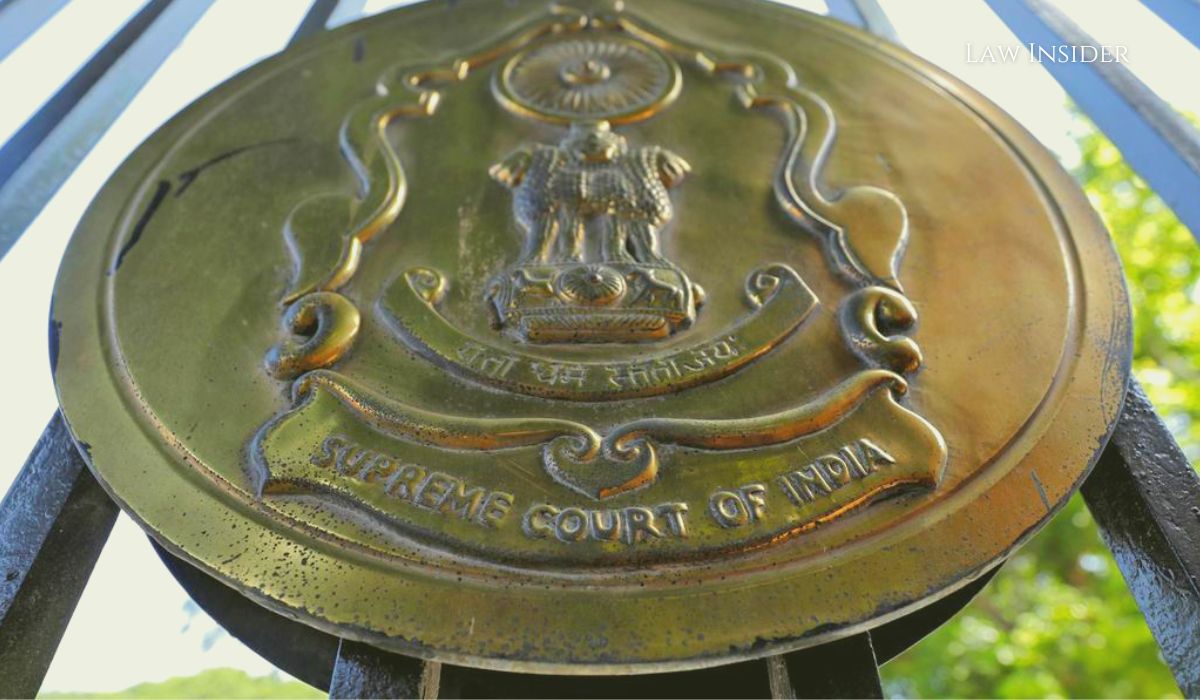Sakina Tashrifwala
Published on: November 1, 2022 at 19:07 IST
On Monday, the Supreme Court of India filed notice in a suit challenging the Election Commission of India’s ability to use the Aadhaar database in the process of deleting and updating electoral roll entries.
Former Army General S.G. Vombatkere’s petition specifically challenges the constitutionality of the Election Laws (Amendment) Act, 2021, and amended Sections 23 and 28 of the Representation of People’s Act, 1950, as well as the Registration of Electors (Amendment) Rules, 2022, and two notifications regarding Aadhaar-Voter Card linkage.
While issuing notice, a Bench of Justices Sanjay Kishan Kaul and Abhay Shreeniwas Oka instructed that the matter be tagged with two other petitions with similar prayers.
Senior Advocate Shyam Divan, representing the petitioner, contended that under the Supreme Court’s decision upholding the Aadhaar Act 2016, the Aadhaar card can only be used to provide benefits and cannot be insisted upon when a citizen is exercising rights.
He said that the right to vote cannot be denied on the basis of a lack of an Aadhaar card.
“Your argument appears to be that if you don’t have Aadhaar, voting should not be banned or even made mandatory,” Justice Kaul observed.
“Your point is that you have Aadhaar and a passport, but you are not permitted to depend exclusively on your passport,” Justice Oka inquired.
“The freedom to vote is one of the most sacred rights,” stated the senior counsel.
Following the court’s decision, Justice Oka stated that these alternatives (in the absence of an Aadhaar card) may not even be available to tribal residents.
“A specific section of the Aadhaar Act specifies that an Aadhaar number is not proof of citizenship. By clashing with that concept with electoral rolls, etc., a slew of other complications may arise. We will also address those,” Divan stated.
According to the petition, the exercise authorised under the contested Act, Rules, and Notifications poses a significant threat to the Election Commission’s independence because the generation of electoral rolls is made dependent on Aadhaar/UIDAI processes and systems over which it has no authority.
“This affects electoral democracy, which is a fundamental aspect of India’s constitution,” the petition states.
Furthermore, the suit claims that the Election Commission of India attempts to require citizens to link their Aadhaar numbers to electoral rolls through the Impugned Act and Rules published by the Union Government.
“This proposed linkage would have a negative influence on people’s capacity to exercise their constitutional and legal right to vote, as it is reasonably certain to result in widespread disenfranchisement, as people are taken off the voter list without due process.”
The connection of the Aadhaar and ECI databases also jeopardises the privacy of the vote, which is essential to the free exercise of electoral choice, according to the petition.
As a result, the petition seeks to:
-Declare the Registration of Electors (Amendment) Rules, 2022 to be void and unconstitutional as it goes against Articles 14, 19, and 21.
-To direct the destruction of entire data collected pursuant to the Impugned Act/ Rules/ Notifications with respect to the Aadhaar numbers received by it, which amounts to compromising the privacy of the individuals.
The case is expected to be heard again on December 16.

